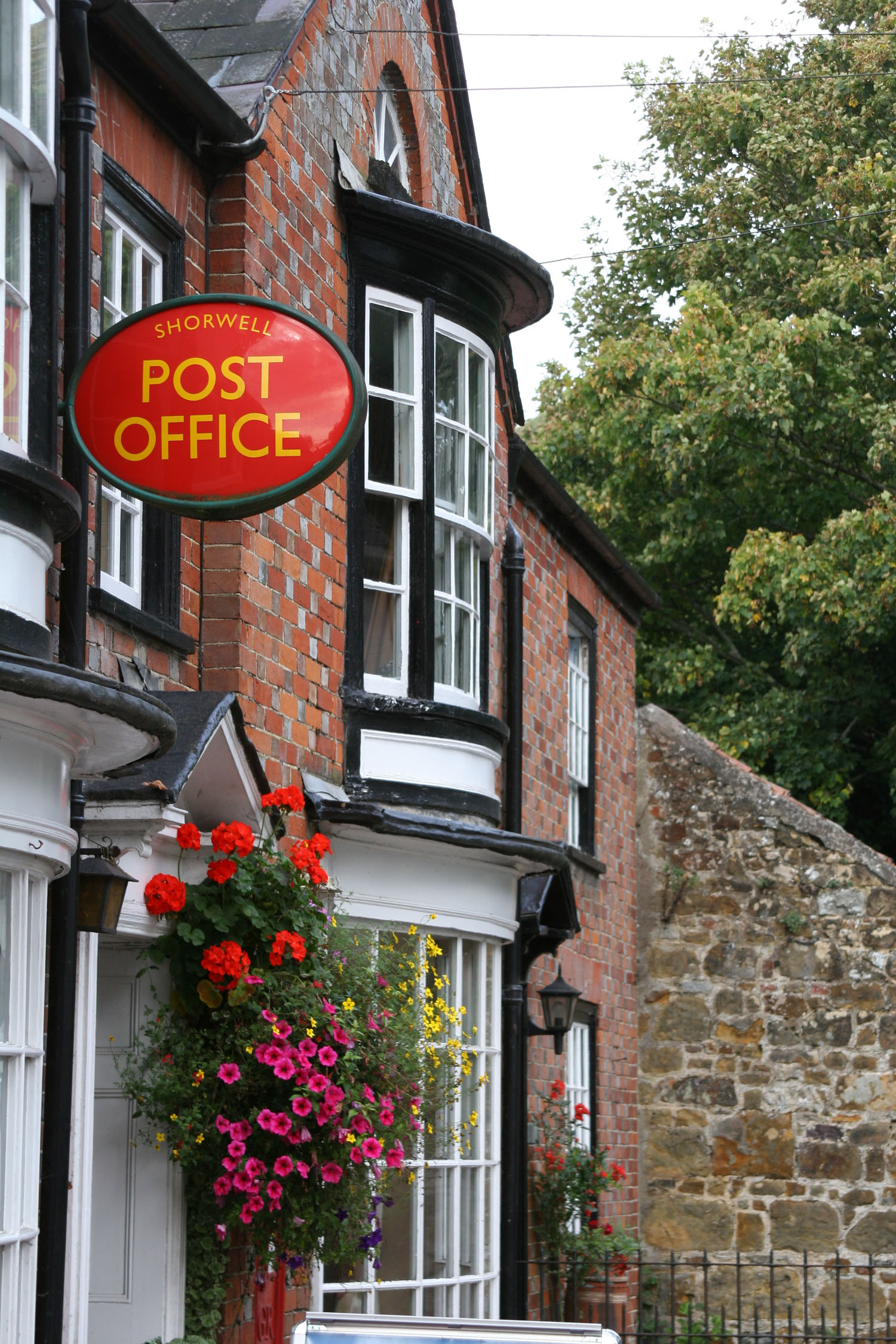News
Named and shamed: the banks paying 0% interest on savings accounts

The financial watchdog has named and shamed banks and building societies paying zero per cent on their cash savings accounts in an attempt to get people to switch to better deals.
In its second report into the UK’s cash savings market, the Financial Conduct Authority (FCA) revealed the Post Office paid zero per cent on both open and closed cash savings accounts.
Danske Bank, First Direct, First Trust Bank and HSBC all paid 0.05% and of the 32 banks and building societies, and 39 brands in total, interest rates ranged from 0% to 1.5%.
The upper limit was 1.75% in the last report published in December 2015.
The FCA study found accounts that were opened a long time ago paid lower interest rates than those opened more recently, and a significant number of consumers don’t move their money to accounts that might pay more interest, even if it’s with the same provider.
Following the research, the watchdog published the findings of a number of trials with 130,000 consumers to help encourage people to switch to a better savings account.
It is considering sending emails and text messages to savers reminding them about interest rate changes after it found they were more effective than sending letter-based reminders.
But it initially rejected the idea of a ‘switching box’ which would give savers information on the benefits of switching, and a ‘tear-off’ form and pre-paid envelope making it easier for people to switch after the trials showed these methods did not have the expected impact.
Stuck in a low paying account? Your five-point action plan
Danny Cox, chartered financial planner at Hargreaves Lansdown, said long-standing customers in closed accounts are getting a raw deal with many providers taking advantage.
“Providers seem perfectly happy to let savings held in closed accounts wither on the vine and in some cases pay no interest at all. This shows the importance of shopping around and switching accounts to make the most of your money,” he said.
Here are his five tips for savers:
1) Pay down debt
The cost of borrowing is almost certainly higher than the returns from your cash savings.
2) Shop around
Some closed accounts pay no interest and often significantly lower than open accounts. Shopping around and then switching should improve your returns and in some cases more than 10 fold.
80% of people with easy access accounts haven’t switched over a 5 year period (source: FCA) and yet this is often the best way to improve the returns on your cash. Cash ISA accounts can be switched to a new provider in 15 days or less.
3) Use your tax breaks
Fully use your personal allowance and the new personal savings allowance. Combine these and a basic rate taxpaying couple can receive £24,000 in income and interest this tax year, completely tax-free.
4) Use ISA allowances
An ISA shelters interest from the taxman and this can improve your overall returns. Even with the new personal savings allowance, using your ISA allowance is good tax saving discipline.
Certain types of ISA have other benefits: Help to Buy ISA provides a 25% government bonus to first time buyers when they buy a property. From April 2017, Lifetime ISA will also provide a 25% bonus to savers under 40 either to help first time buyers onto the property ladder or for longer term retirement savings.
5) Consider switching some long term savings from cash to the stock market
It’s important to hold some cash, but not too much. While income from a £10,000 cash deposit has fallen by 86% since 1996, dividend income from a popular equity income fund (Invesco Perpetual High Income fund) has remained steady. However when you factor in the growth in the capital value which in turn grows the dividends, the income has increased by 268% (and the capital increased to £39,930).